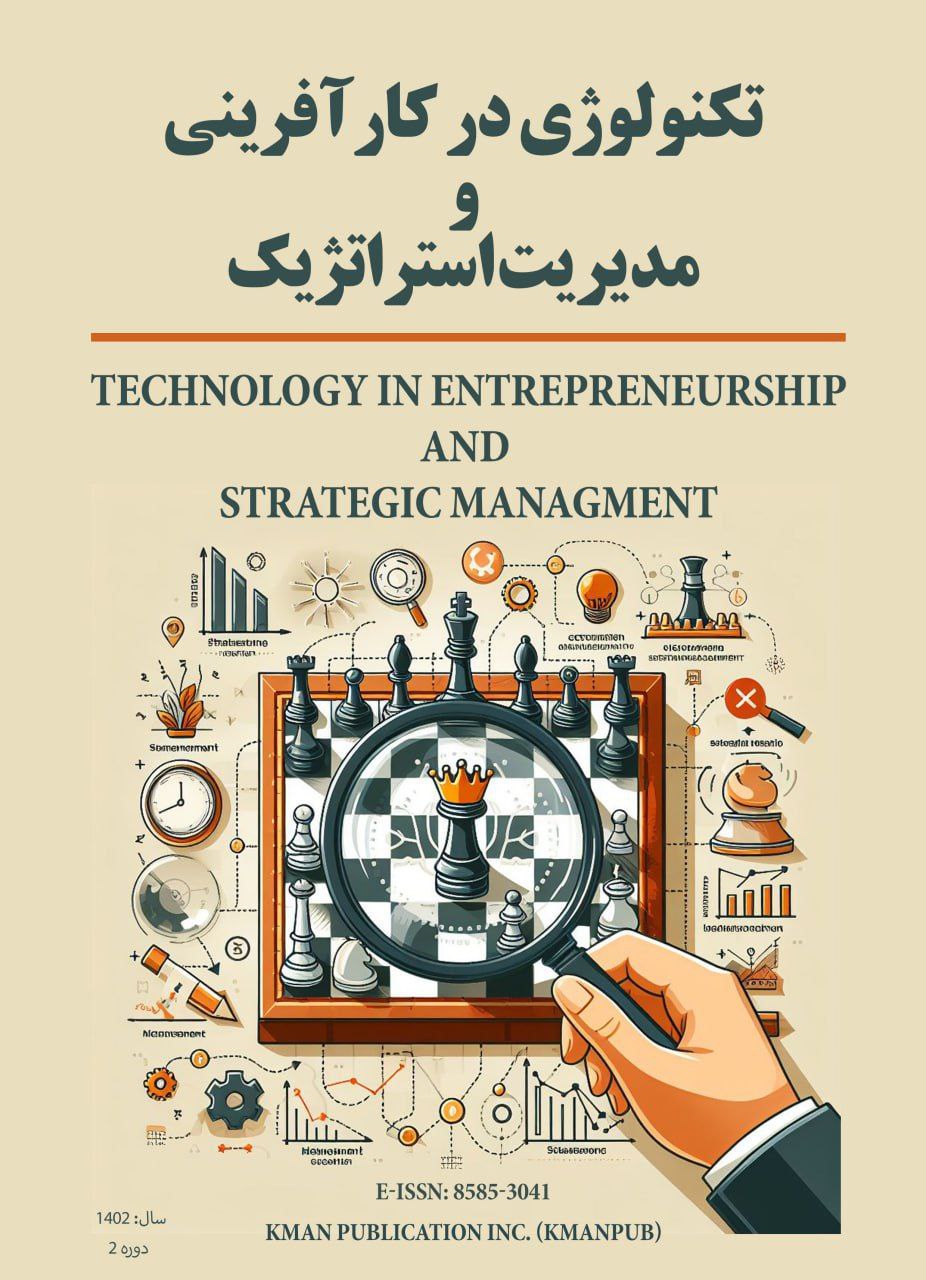Effectiveness of the Payment Network Regulator in the Accurate and Timely Identification and Collection of Taxes on Purchase Funds from Taxable Merchants in the Iranian Payment Network
Keywords:
Payment network regulator, payment network, tax, merchant, taxpayer, tax fileAbstract
The regulator of payment network services in Iran, in addition to monitoring the compliance of activities within the payment network according to legal requirements, possesses information from merchants and their transactions that can be utilized by relevant institutions within the framework of the law. The Tax Administration is one of the entities that can use this information to identify and collect taxes. This study examined the effectiveness of the actions taken by the payment network regulator in the Iranian payment industry ecosystem, which intersects with the activities of the Tax Administration. The latent variables examined include the compliance of merchants' primary information with taxpayer data, alignment of business locations with tax files, transaction identification, tax deduction from transactions, and report submission. The methodology of this research is applied in terms of its aim and descriptive-survey in terms of its method. The results of the analysis of data extracted from the questionnaire indicate the effectiveness of the payment network regulator in accurately and timely identifying and collecting taxes on purchase funds from taxable merchants in the Iranian payment network.
Downloads
References
Abdollahzadeh, B., Hoseinzadeh, J., & Ghanad, F. (2023). Legal analysis of the conflict of interests in Iran's electronic
card payment industry. ModernTechnologies Law, 4(8), 135-148. https://doi.org/10.22133/mtlj.2023.389401.1183
Andersen, H. P. (2022). Cloud based Data Collection from IoT Devices https://www.duo.uio.no/handle/10852/95678
Aragie, E., Taffesse, A. S., & Thurlow, J. (2021). The short-term economywide impacts of COVID-19 in Africa: Insights
from Ethiopia. African Development Review, 33(S1), S152-S164. https://doi.org/10.1111/1467-8268.12519
Arndt, C., Gabriel, S., & Robinson, S. (2020). Assessing the toll of COVID-19 lockdown measures on the South African
economy. IFPRI book chapters, 31-32. https://ideas.repec.org/h/fpr/ifpric/133840.html
Benzarti, Y. (2020). How taxing is tax filing? using revealed preferences to estimate compliance costs. American
Economic Journal: Economic Policy, 12(4), 38-57. https://www.aeaweb.org/articles?id=10.1257/pol.20180664
Dobel, J. P. (2018). The Strategic Advantage of Conflict of Interest Laws. Public Integrity, 20(5), 423-426.
https://doi.org/10.1080/10999922.2017.1331635
Jouste, M., Barugahara, T. K., Ayo, J. O., Pirttilä, J., & Rattenhuber, P. (2021). The effects of personal income tax reform
on employees' taxable income in Uganda (9292569457). https://www.econstor.eu/handle/10419/229412
Kochanova, A., Hasnain, Z., & Larson, B. (2020). Does E-Government Improve Government Capacity? Evidence from
Tax Compliance Costs, Tax Revenue, and Public Procurement Competitiveness. The World Bank Economic Review,
(1), 101-120. https://doi.org/10.1093/wber/lhx024
Mapes, M. (2019). Speak out, call in: Public speaking as advocacy. University of Kansas Libraries.
https://kuscholarworks.ku.edu/handle/1808/29446
Musgrave, R. (1959). jThe Theory of Public Financej. In: New York: McGraw $ Hill Book Company.
Okunogbe, O., & Pouliquen, V. (2022). Technology, taxation, and corruption: evidence from the introduction of
electronic tax filing. American Economic Journal: Economic Policy, 14(1), 341-372.
https://www.aeaweb.org/articles?id=10.1257/pol.20200123
Terwel, B. W., Harinck, F., Ellemers, N., & Daamen, D. D. L. (2009). How organizational motives and communications
affect public trust in organizations: The case of carbon dioxide capture and storage. Journal of Environmental
Psychology, 29(2), 290-299. https://www.sciencedirect.com/science/article/pii/S0272494408001023
Wibawa, A. S., Budiardjo, E. K., & Mahatma, K. (2021). Improving the Quality of Requirements Engineering Process
in Software Development with Agile Methods: a Case Study Telemedicine Startup XYZ. 2021 International
Conference Advancement in Data Science, E-learning and Information Systems (ICADEIS),
Downloads
Published
Issue
Section
License

This work is licensed under a Creative Commons Attribution-NonCommercial 4.0 International License.











